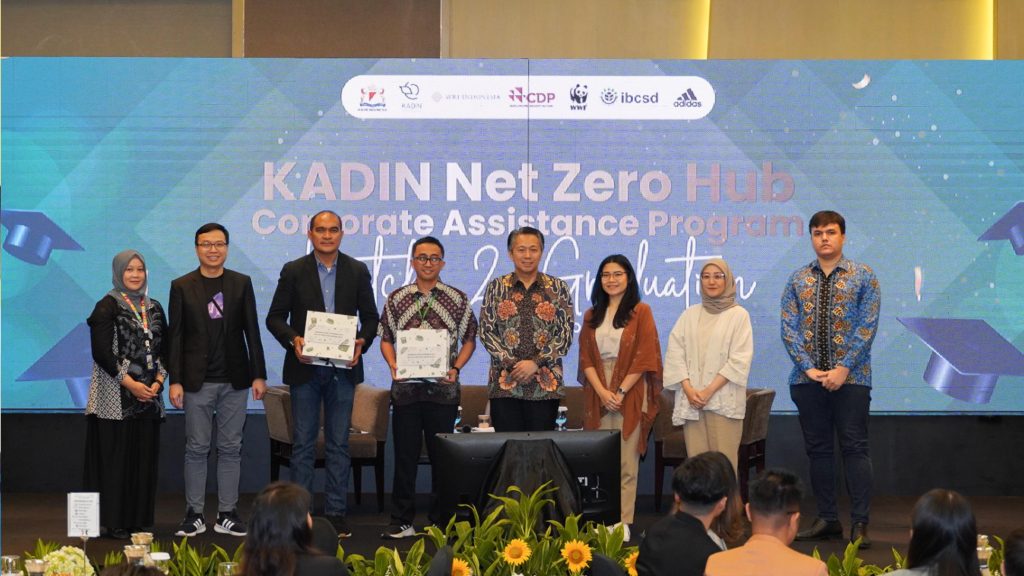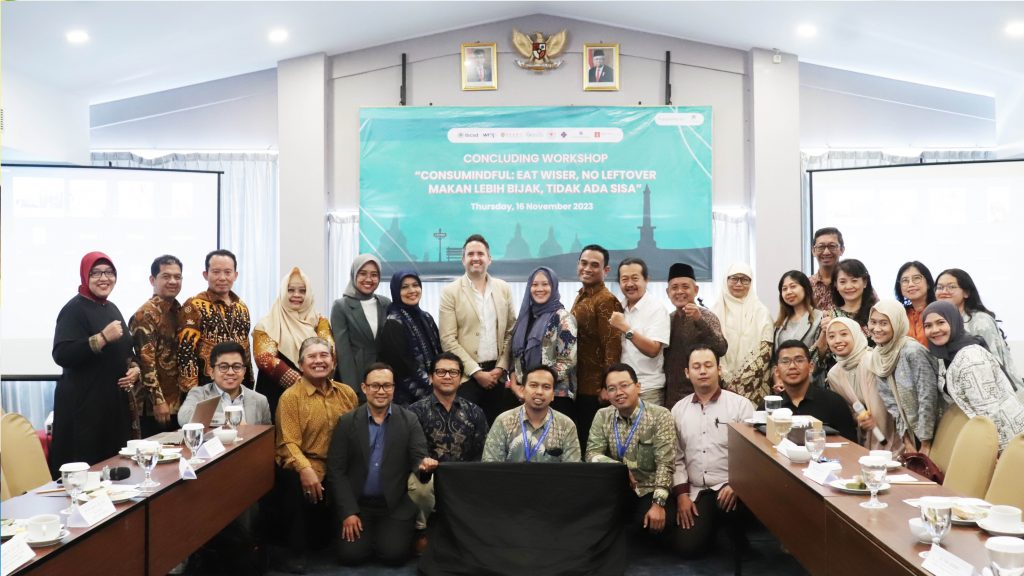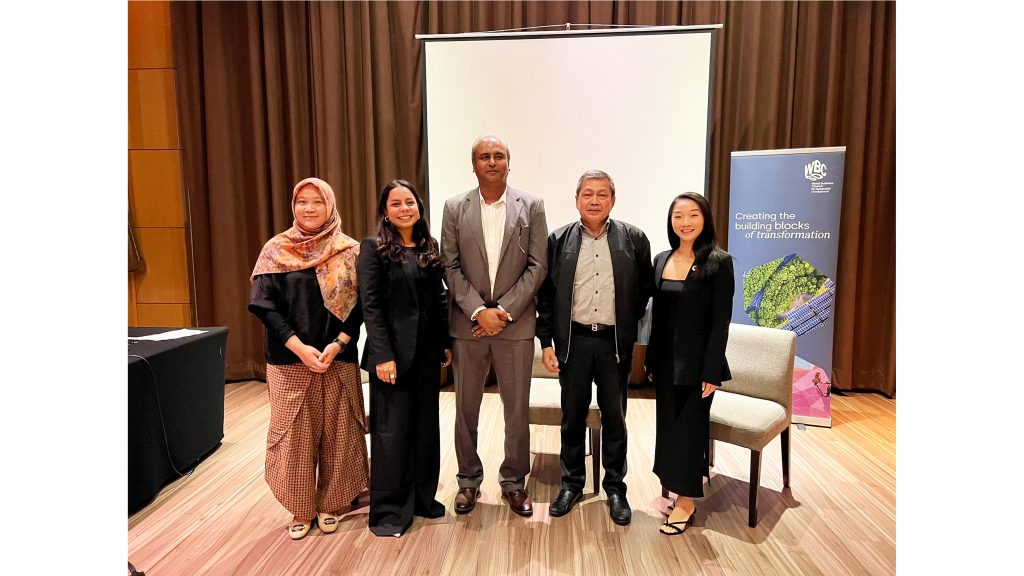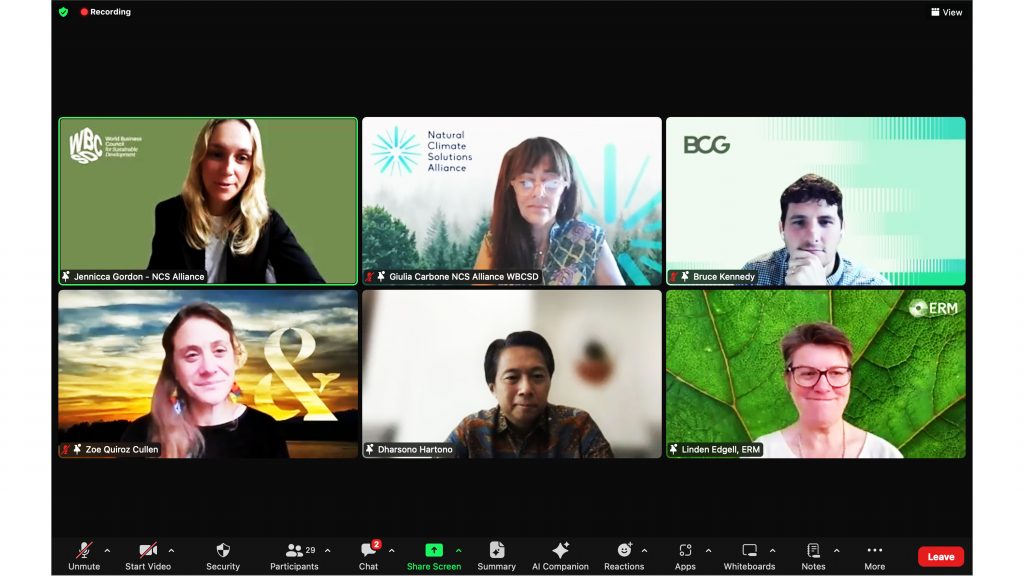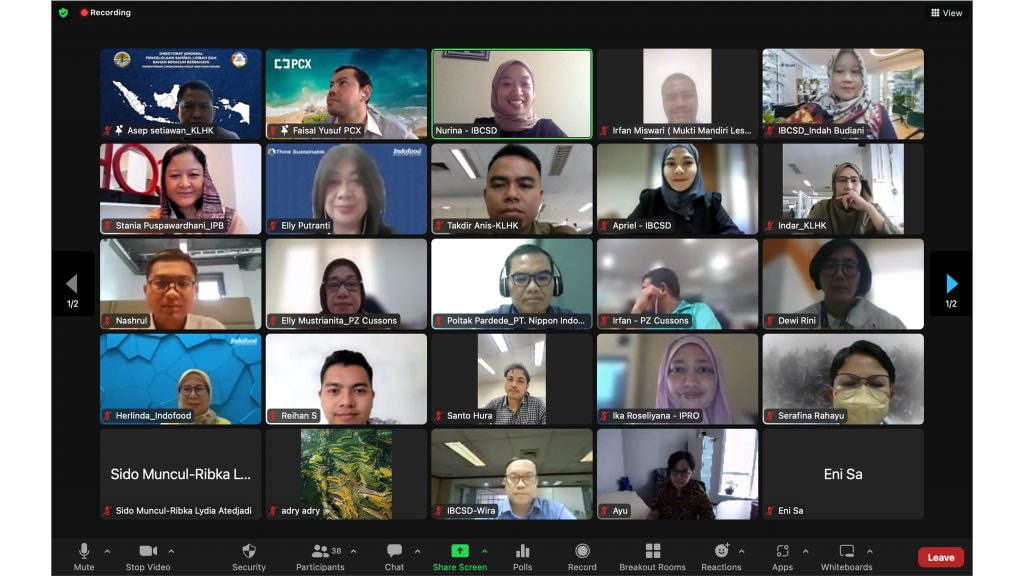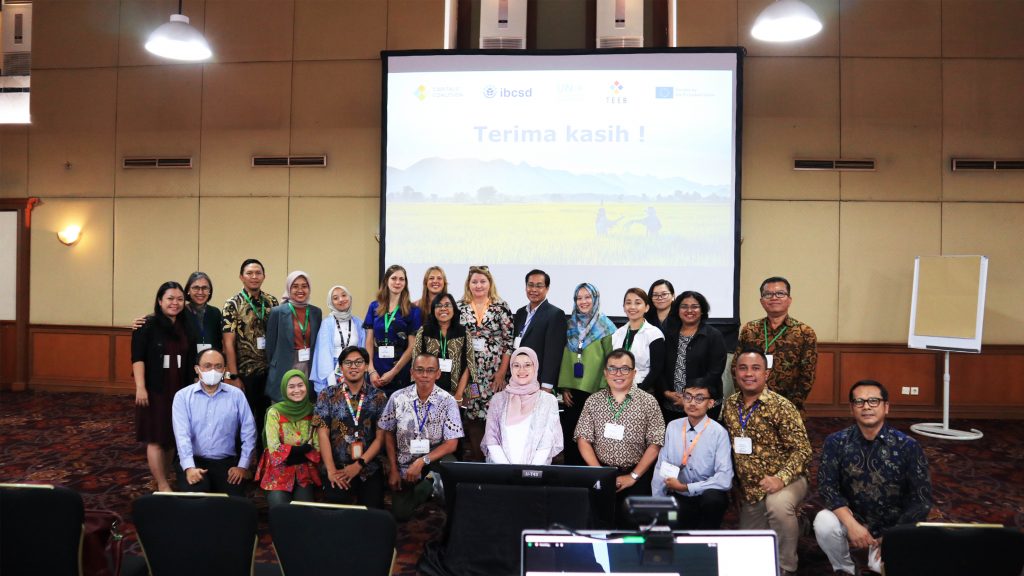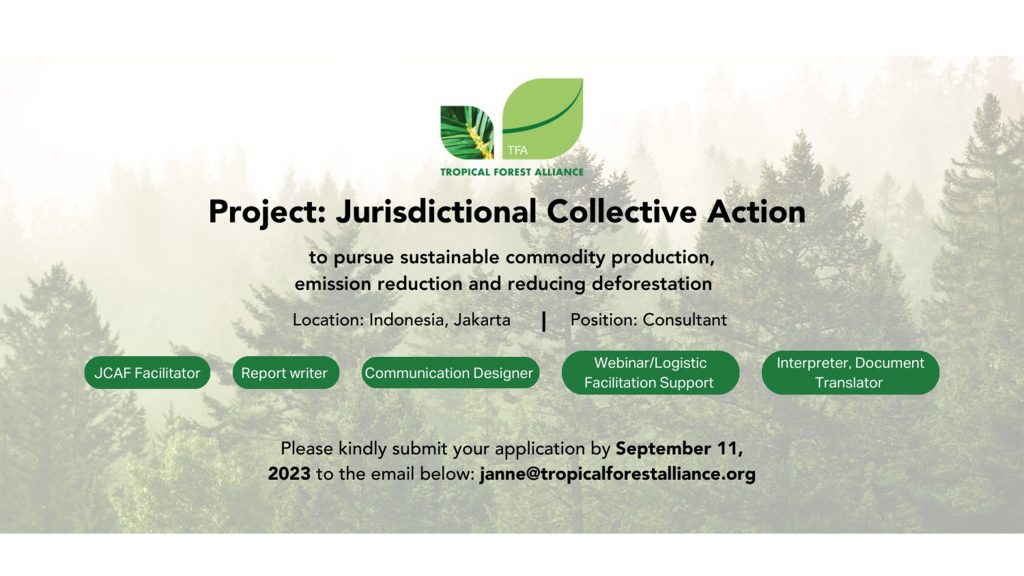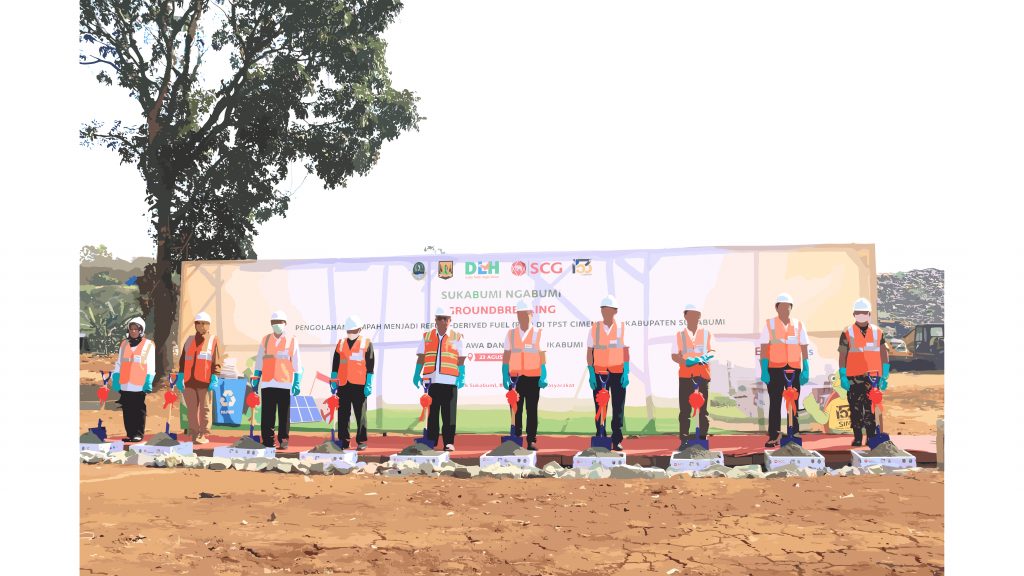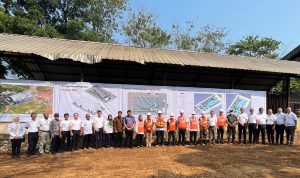
APAC HRBP
About CDP:
CDP is an international non-profit that drives companies and governments to reduce their greenhouse gas emissions, safeguard water resources and protect forests. Over 23,000 companies and 1,100 cities, states and regions disclose their environmental data to CDP. Our platform is one of the richest sources of information globally on how companies and governments are driving environmental change. By working with institutional investors with assets of US$130 trillion, we leverage investor and buyer power to motivate companies to disclose and manage their environmental impacts. Visit https://cdp.net/en and or follow us @CDP to find out more.
Key responsibilities include:
- Partner with Asia leadership team on strategic and tactical compensation, recruitment and reward-related decisions.
- Ensure HR policies are consistent and align with our business requirements yet compliance with local rules, regulations and best practice.
- Coordinating global, APAC resources to provide training for Asia colleagues, to meet development requirements.
- Providing advice and information on all HR related topics especially in Indonesia, Singapore, HK, etc.
- Supporting and advising managers on global policies such as annual reviews and recruitment to ensure they are aligned.
- Championing wellbeing and equality, inclusion, and diversity within region.
- Supporting with the global HR teams to ensure competitive and proper salary benchmarking.
- Support and overseeing the creation and updating of the employee handbook.
- Other tasks assigned by Senior HRBP or SMT.
Essential criteria:
- A demonstrated understanding across the broad range of HR areas.
- Ability to influence others into action and to think creatively about solutions.
- Strong communication skills at all levels with ability to build strong relationships.
- Excellent organisation and management skills.
- Experience of working in a global, multiple culture organisation.
- Extensive knowledge of the operation of relevant laws, regulations and rules
- Experience of researching, developing and rolling out new policies and procedures
- Strong IT skills using the Microsoft Office suite and HR databases.
- Business level English skill.
- Eligible to work legally in Indonesia.
This is a full-time role based at CDP’s Indonesia office and expect to provide support to APAC area including Indonesia, Singapore, HK and other APAC area if business expanding.
Salary and benefits: Competitive NGO salary dependent on experience, flexible working opportunities, health insurance, welfare pension and others. Interested applicants must be eligible to work legally in Indonesia.
To apply, please email your a) CV, b) a covering letter setting out how you meet the key responsibilities and c) reference letter (additional letters may be requested) to [email protected] and [email protected] with ‘HRBP, APAC’ followed by your first name and surname in the subject. Your a) CV and b) a covering letter should be in English. The deadline is 16:00 JST, 20th, Jan 2024. Interviews will be held as soon as there is a suitable candidate even prior to the deadline.
Please note that we only provide feedback to shortlisted candidates due to the sheer volume of applications. If you do not hear from us within 21 days, please assume your application has been unsuccessful on this occasion.
